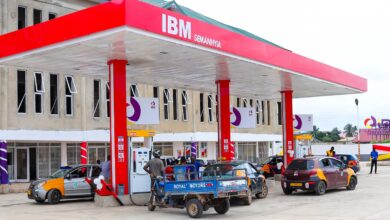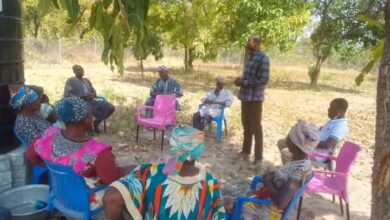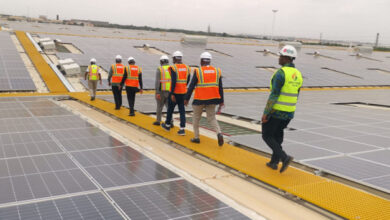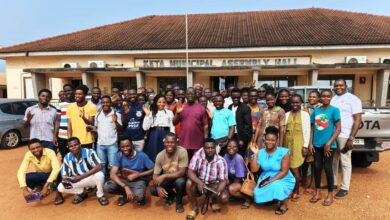Beneficiaries of GFRA receive equipment to support their livelihood
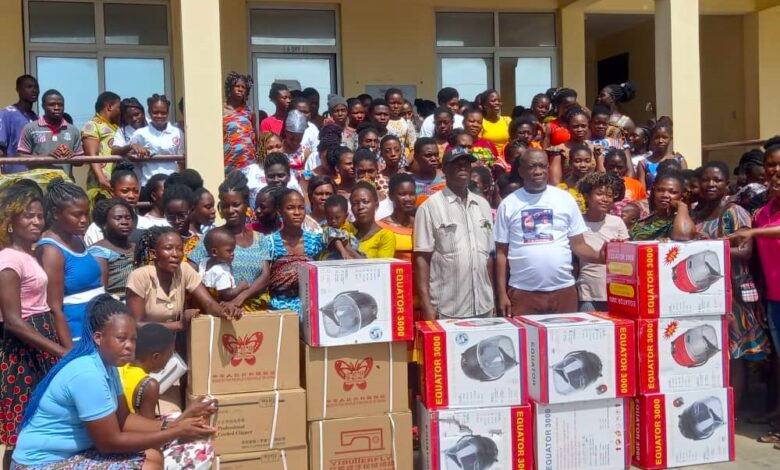
The Ghana Fisheries Recovery Activity (GFRA), in collaboration with the Fisheries Commission and the Ghana National Canoe Fishermen Council (GNCFC), has supported some young men and women in the Anloga District of the Volta Region over the week
This donation marks the second phase of the program, following a three-year training period for the beneficiaries in various skills, including sewing and hairdressing.
150 individuals received equipment such as hairdryers, sewing machines, and hair clippers, which are expected to enhance their livelihoods.
The initiative, aimed at benefiting children of fisherfolk and those in the fishing industry along Ghana’s coastline, seeks to reduce the pressure on water bodies by providing alternative sources of income.
Mr. Seth Yormewu, the District Chief Executive for Anloga, who presented the items to the beneficiaries, emphasized that the project is part of a government effort to alleviate the economic strain on fisherfolk and their families.
Mr. Kofi Adonu Nkekeshie, Chairman of the Ghana National Canoe Fishermen Council in the Volta Region, explained to the Veritas News that the activity supports the fishing community, especially in a time when climate change has reduced fish catches and during the closed season.
He urged the beneficiaries to refrain from selling or renting the items and instead use them for their intended purposes.
He added, “The items are meant to help you apply the skills you have learned. A monitoring committee will be in place to supervise how they are used.”
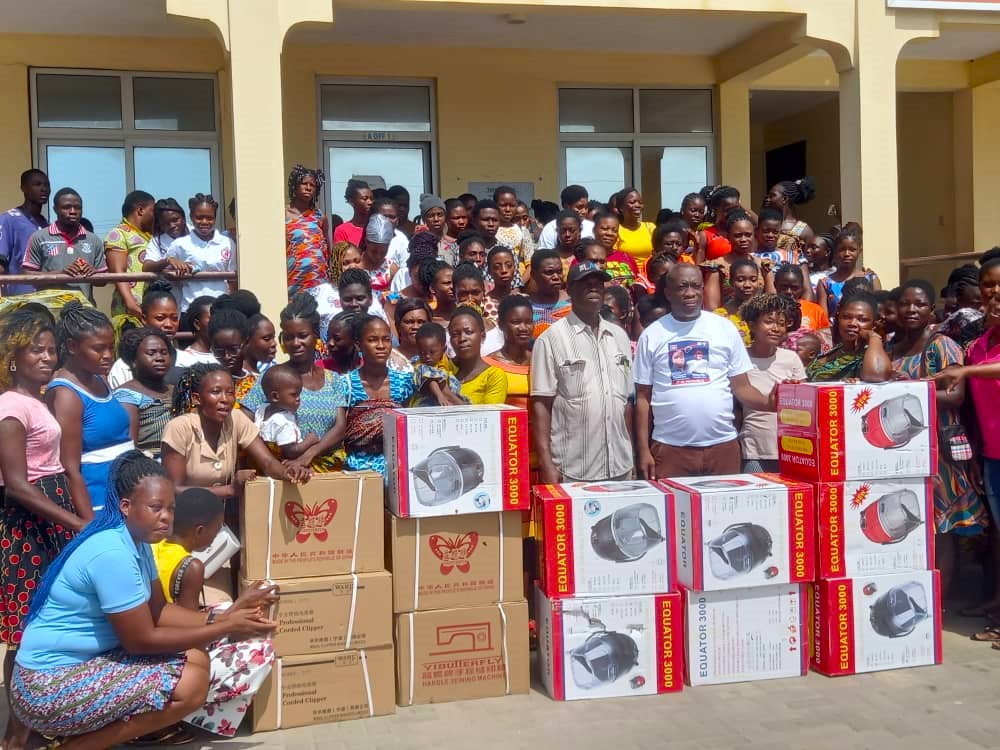
Some beneficiaries expressed their joy to Veritas News that the items will not only help them improve their economic life but will also allow them to have alternative sources of income apart from fishing-related activities.
Madam Vivian Nugbemado a fishmonger who underwent hairdressing and received a hairdryer promised her loyalty to the government over the support,
The Ghana Fisheries Recovery Activity (GFRA) aims to reduce overfishing, improve the management of small pelagic fisheries, and promote ecological sustainability and marine biodiversity conservation. Additionally, it seeks to enhance the socio-economic well-being, food security, and resilience of fishers and coastal communities.
Credit: Benard Rhussia

